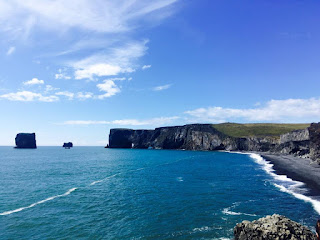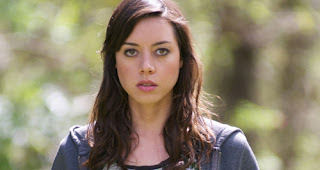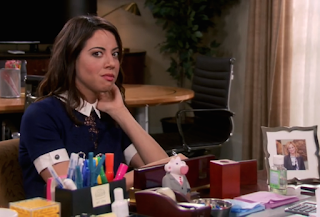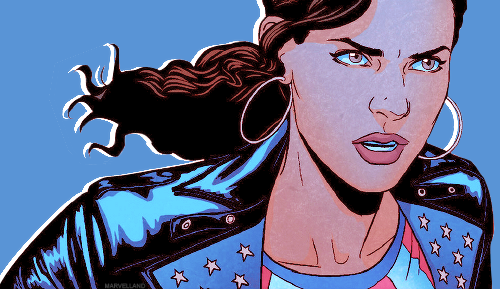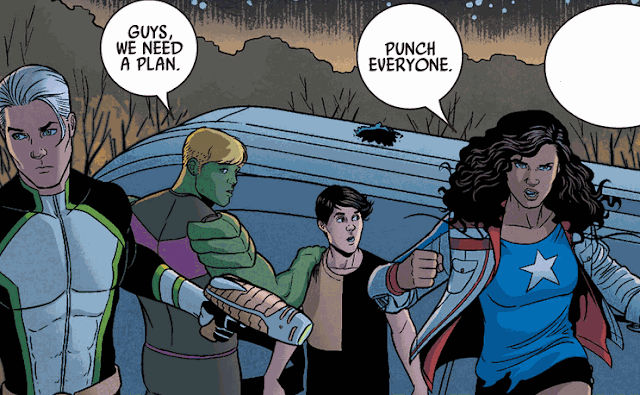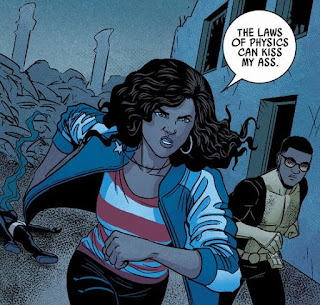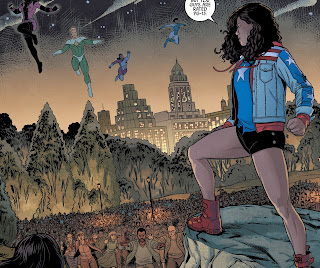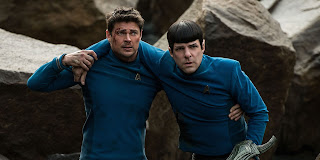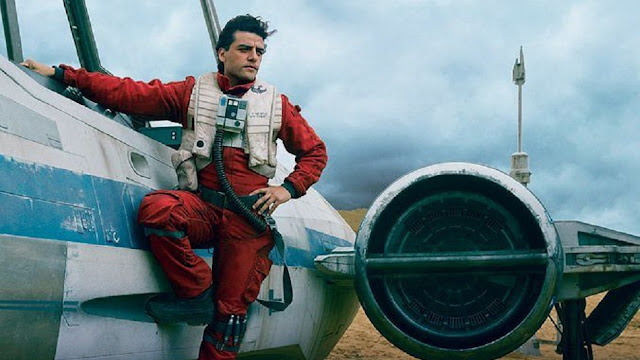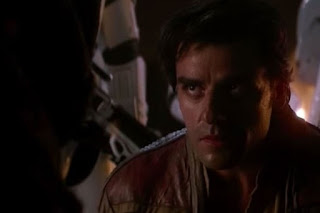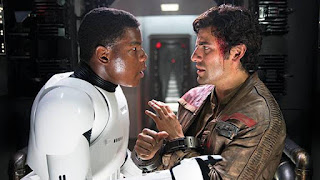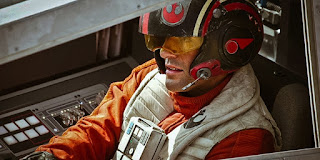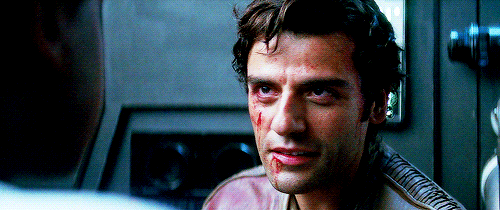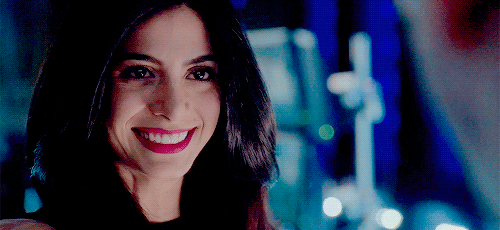Heya chickadees. You might have noticed that the blog has tapered off a bit in the past few weeks, despite my continued promises that I really would finish Hispanic Heritage Month with all those neat articles I had planned. You may have marked how that did not happen, and I know at least a few of you have wondered why. So, to dispel any worries or fears, I'm fine. Really. I'm not particularly depressed or sick or unhappy or in desperate trouble. The reason the blog hasn't been updating has been nothing to do with my real emotional state.
Well, not nothing.
Back in July when I put the blog on hiatus for the rest of the summer, I mentioned that I wasn't sure if I should or would come back. When I did come back in September, I said that I was so glad I'd decided to do so because I still had more to say. The truth is, though, that when I came back in September it was less because I had more to say and more because I didn't want this to be it. I didn't want to be done. As it turns out, though, I am done. I really don't have more to say.
I found that as I was writing articles, I was essentially paraphrasing myself from one of the other literal nine hundred articles I've written. I could hardly motivate myself to keep going because, well, what more is there really to say? I like to think I've gotten my philosophy of pop culture consumption across to all of you pretty well and continuing to write when I have nothing to say felt like needless vamping.
Or, in other words, the reason I didn't want to stop blogging wasn't because I still had things to say, it was because I was afraid of who I'd be without this website. And that, it turns out, is a terrible reason to keep going.
So, as of now, Kiss My Wonder Woman is done.
I don't mean that as a defeated tragic thing or even as an angry throwing in of the towel. I mean that Kiss My Wonder Woman is completed. I've said the things I need to say. Maybe someday I'll say other things somewhere else, but for now, I've said all my things. I don't have any things left. This work that I have done for almost exactly five years is, for lack of a better word, done.
It's easy for me to look at it and see it as not done, if we're being honest. I didn't finish Hispanic Heritage Month and I completely skipped out on Native American Heritage Month, which is kind of a bummer because I really do have ideas for articles and I had a whole thing planned. I never did get to a thousand articles or even finish out the year. I haven't recapped season four of Orphan Black or season two of Outlander. I never even got around to writing about 10 Things I Hate About You. But if I did those things, there would always be some arbitrary point ahead of me where I could stop. I stopped here because this is when I realized that I had to. I'm choosing to be satisfied with what I've done so far. I'm letting that be enough.
And, well, I know that it's not enough. I know that there's always more work to be done, and I hope genuinely and truly that some of you will want do that work. But for me this is the end, at least for now. I have loved writing this blog. I have loved talking to all of you every day about the amazing things we see and the horrible things that made us angry and the stories we all love. Thank you for that. I am satisfied with it.
It's a very strange thing to realize that you have to stop doing something objectively good because you've given it too much importance in your life, but I think ultimately it's better than letting that good thing consume everything else. I have loved this blog, and it has become a core foundation of my identity. That's why I have to stop: I need to know who I am without it.
As for what I'm going to do next, I have no idea! I'm taking a break from criticism wholesale. No more academic writing and a lot less freelance editing. I'm focusing on my fantastic new job for a lot of my time*, and I'm trying to get better about cooking for myself, seeing my friends, and generally being an adult human being.
But. A little bit of me pulling back from writing this blog is me deciding that the time has come to put my money where my mouth is. I have a fancy degree in creative writing that I mostly have used to poke holes in other people's stories. I want to take the chance, I am taking the chance, to sit down and write my own stories. For now I'm just doing it for me, to remember that writing can be fun, but eventually, I'd like to tell those stories for other people too. Because as I've said too many times to count at this point, the way the system gets better is for us to tell better stories. I don't get a pass on that.
It's hard. I've spent five years developing my critical faculties and those are not easily compatible with creative writing. But I think it's time for me to suck at writing in the hopes of eventually not sucking. It's time to actually tell a story, even if it feels scary or hard or lame. That's what I'll be doing with my sudden abundance of free time.
As for housekeeping, the site itself will stay up as it is now. I might go through and finally add the last of the movie reviews to the movie review list and things like that, but I won't be taking this page down or making any major changes. Kiss My Wonder Woman will be here for as long as I can afford the eleven dollars a year it costs to buy the domain. So, hopefully a while.
Like I said above, thank you all so much, chickadees, for being with me on this. Thank you for caring about stories and thank you for caring what I said about them too. I might not miss the deadlines or the hand cramps or the late nights or the weirdly stressful sensation of needing to finish a show so I could tell some internet strangers what I thought of it, but I will miss you. Thank you.
Thank you, and goodnight.
 |
| The pictures are completely unrelated, but they're very pretty and I took them in Iceland.** |
**I took these photos on my phone. Which just goes to show that Iceland is insanely beautiful and phones are insanely powerful.


